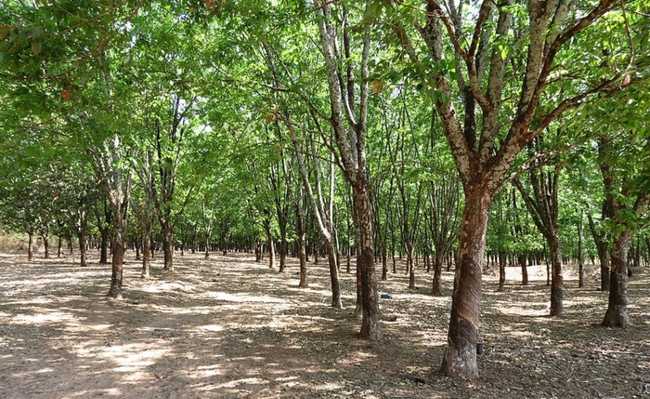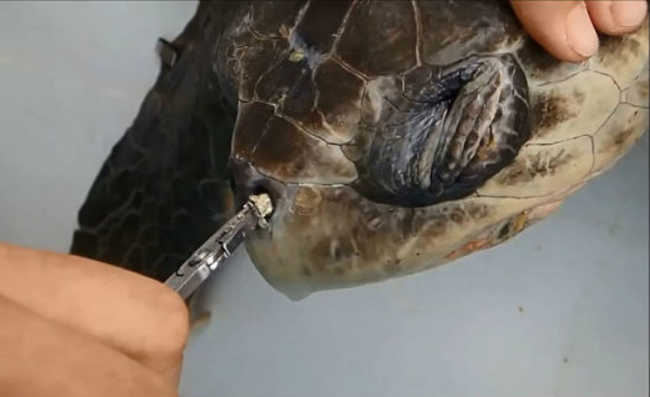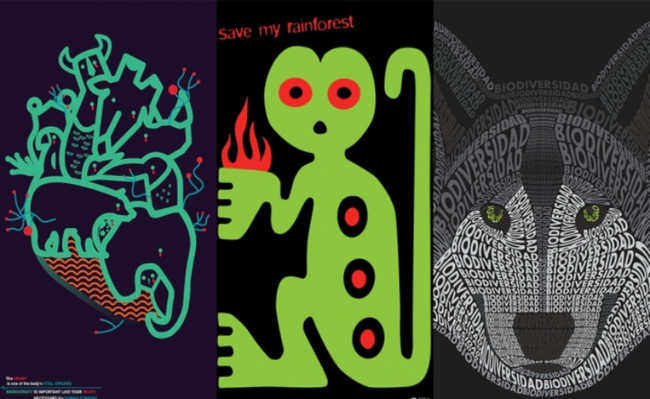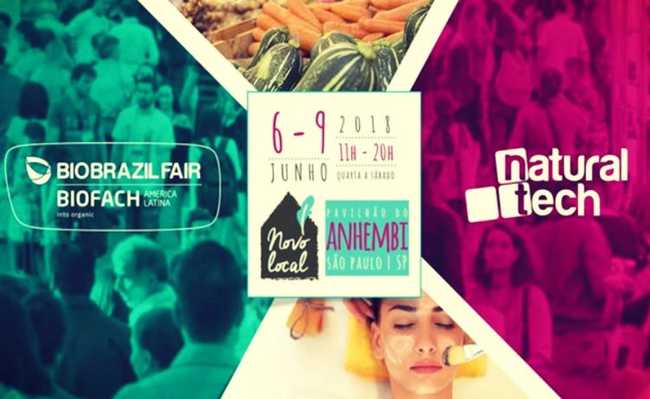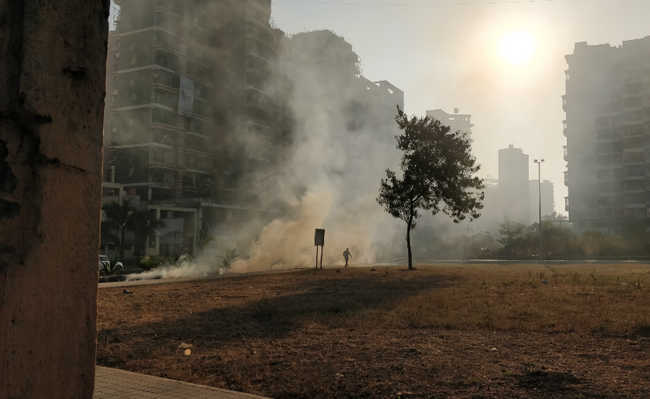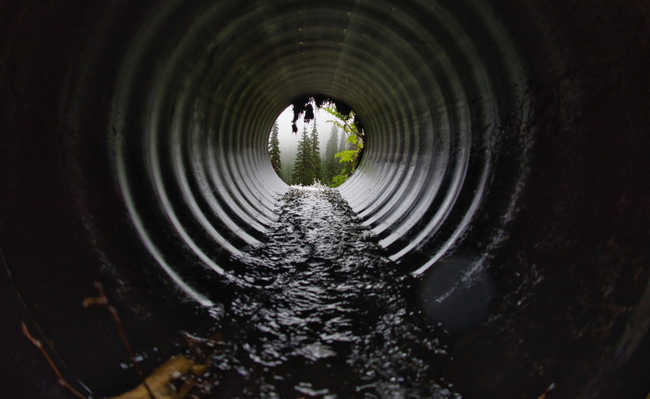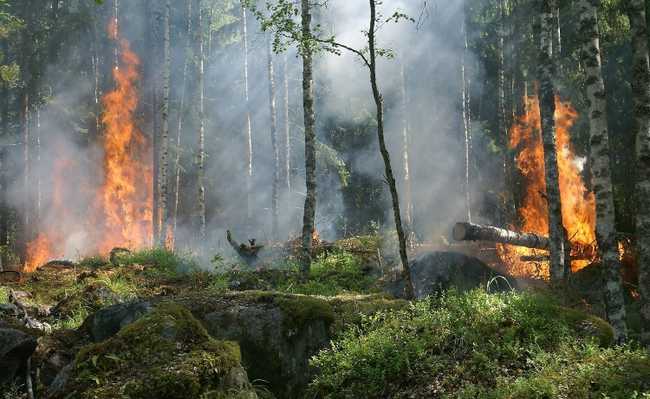8th Ecospeaker Exhibition of Environmental Cinema starts in May, in São Paulo
The largest socio-environmental exhibition of free cinema in São Paulo has its exhibition circuit expanded

A cycle about utopias and militant cinema post-68 (with works signed by great film directors), a tribute to Brazilian director Silvio Tendler , Panorama Internacional Contemporâneo , the Children's Session and the 2nd Cinema and Education Seminar , in addition to the new programs Mostra Brasil Manifesto and Virtual Reality.
These are some of the attractions of the eighth edition of the Ecospeaker Film Festival, considered the most important audiovisual event dedicated to the socio-environmental theme in South America. All activities are free and take place from May 29th to June 12th. In total, 133 films from 32 countries are shown. The show celebrates the National Environment Week it's the World environment day, celebrated on June 5th.
- Participate in World Environment Day
Extended Display Circuit
The exhibition circuit was expanded and the sessions take place at the Reserva Cultural rooms , Espaço Itaú de Cinema - Augusta , Centro Cultural Banco do Brasil , at the Spcine Circuit with the rooms at Centro Cultural São Paulo , Cine Olido , Cidade Tiradentes , Roberto Santos , 15 CEUs units, in addition to Sesc Campo Limpo, six Culture Factories, six Culture Houses, three City Hall Cultural Centers, totaling 39 spaces, in addition to being present on the Spcine Play platform.
Themes

The Crisis of Utopias and the Post-68 Militant Cinema is the theme of this year's Historical Panorama and features masterpieces signed by directors such as the French-Belgian Agnès Varda, the Italian Michelangelo Antonioni, the Frenchman Chris Marker, the Americans Frederick Wiseman and Robert Kramer and the Brazilian Glauber Rocha, among others. Unpublished, the selection reflects on the world and society that followed the great cultural effervescence of the 1960s. Among the highlights are “Zabriskie Point”, about the cultural context of the time; “Uma Canta, A Outra Não”, a militant film and a feminist musical; the Oscar winners “The Times of Harvey Milk” and “Hearts and Minds”; “O Leão de Sete Cabeças”, which Glauber Rocha directed in a fictional African country; and “O Fundo do Ar é Vermelho”, a balance of the utopias of what was a century of struggle and resistance. The retrospective also brings first hand the restored version of Guy Debord's classic "A Sociedade do Espectáculo" and also the version restored by the German Arsenal Institute of the film by Ruy Guerra "Mueda Memória e Massacre", filmed in Mozambique at the time that following his national liberation. "Abrigo Nuclear" by Roberto Pires, which will also be shown in a restored copy, is also part of the program.
Honored
The honoree of this edition, the Brazilian Silvio Tendler, deserves an exhibition with eleven titles, including reference works such as “The JK Years - A Political Trajectory” (1980) and “Jango” (1984), two of the biggest box office in Brazilian documentary cinema of all time. The program also includes “Dedo na Ferida”, great winner of the 7th Ecospeaker Exhibition of Environmental Cinema in the 'Longs' category of the Latin American Competition, “O Veneno Está na Mesa” and “O Veneno Está na Mesa 2”, in addition to the recent “O Fio da Meada”, which debuts at the Mostra and points out viable alternatives for the production of healthy foods. The program includes, among others, “Meeting with Milton Santos or The Global World Seen from the Side of Here” and “Glauber o Filme, Labirinto do Brasil”.
Brazilian directors
The new Mostra Brasil Manifesto program brings recent titles signed by prominent Brazilian directors, such as “Amazonia, o Despertar da Florestania” by actress Christiane Torloni and filmmaker Miguel Przewodowski; “Frans Krajcberg: Manifesto”, by director Regina Jehá; the new production of the award-winning director Orlando Sena, “The Age of Water”; the unpublished “O Amigo do Rei”, by André D’Elia, (director of “Ser Tão Velho Cerrado”, winner in 2018 of the public award at the Ecospeaker Exhibition); and the feature film, signed by André di Mauro, “Humberto Mauro”, a tribute to the important pioneer filmmaker.
Contemporary International Panorama
The Contemporary International Panorama program, one of the main focuses of the festival's programming, brings together 44 works and is organized into seven thematic axes: Cities, Economy, People & Places, Natural Resources, Health, Sociobiodiversity and Work. Among the highlights is “Atomic Front”, about citizens of an American city fighting the government neglect that allowed a radioactive dump in their backyards, “Echoes of Istanbul”, about Istanbul street vendors whose culture and their very livelihoods are threatened by gentrification; “Jane”, a film about pioneer primatologist Jane Goodall that uses archival footage from over 50 years from National Geographic, “Anthropocene: The Human Era”, selected by the festivals of Berlin and Sundance; “Volcano de Mud: The Fight Against Injustice”, by director Cynthia Wade, winner of the Oscar in 2008; " Up, Down and Sideways: Working Corners", which portrays a village in the Indian state of Nagaland; "The Truth About Killing Robots", which shows how humans are becoming increasingly dependent on robots, and " Eldorado ”, awarded work at the Berlin festival inspired by an Italian refugee child.
Latin American Competition and Ecospeaker Short Competition
A total of 24 productions are included in this year's Latin American Competition, representing works from Argentina, Brazil, Colombia, Mexico, Peru and Venezuela. On the jury are filmmakers Tadeu Jungle and Lina Chamie, as well as critic Heitor Augusto.
The Eco-speaker Curta Contest brings together 13 titles, with works produced in Alagoas, Minas Gerais, Pará, Rio de Janeiro, Rio Grande do Norte, São Paulo and Santa Catarina, completing all regions of the country.
children's session
The Children's Session brings five short films screened in major and important international festivals, such as the Short Film Corner of Cannes Festival, Annecy Animation Festival, Animamundi and Dok Leipzig.
Virtual reality
The new Virtual Reality session exhibits projects that make use of this new technology and expand the limits of audiovisual language to give the viewer the feeling that he has been transported to another space and another reality. Participating in “Climate Change: The Price of the Banquet” (Brazil), which travels to the ends of the earth to discover the people and places most affected by climate change, and “Micro-Giants” (China), a realistic animation that lets you experience the ecosystem from the unique perspective of the “micro world” of insects.
parallel activities
Among the parallel activities, the second edition of the Seminar on Cinema and Education stands out, a reflection on the pedagogical potential of the use of cinema at school, in an organization of Sesc São Paulo and Eco-speaker. Film theorist and professor Ismail Xavier gives the masterclass “What cinema still has to teach to new generations”. The professor at Unesp in Rio Claro César Leite discusses “What can cinema do at school? Experiences, cutting, assembling, spatialities and encounters”. The Seminar takes place on June 3rd and 4th, at Sesc São Paulo's Research and Training Center.Service
- Event: 8th EcoSpeaker Environmental Cinema Exhibition
- Date: May 29 to June 12, 2019
- Value: free
- Locations: 39 rooms in the city of São Paulo
- Check out the full schedule
- Tickets must be picked up one hour in advance and vacancies are filled in order of arrival
- The films will also be available on the Spcine Play platform

